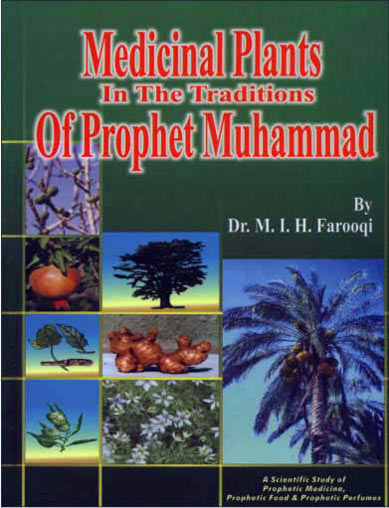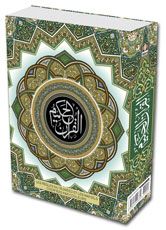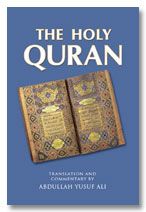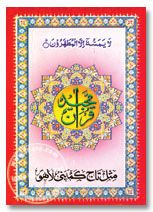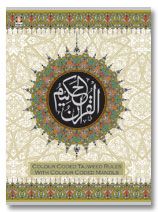Description
Medicinal, aromatic and food plants mentioned in the traditions of Prophet Muhammad (SAW), Deals with more than 70 plants and plant products. English, Local and Botanical names are given
Contents:
- 1. Medicine of the prophet.
- 2. Islam and medicine-views by western scholars.
- 3. Great Muslim men of medicine.
- 4. Important traditions of the prophet on health, hygiene, diseases and general treatment.
- 5. Medicinal plants in the prophetic traditions.
- 6. Food plant in the prophetic traditions.
- 7. Aromatic plants (Perfumes) in the prophetic traditions.
- 8. Cedar of Quran and the traditions.
- 9. Camphor of Quran and the traditions.
Indexes:
- i. English names of plants and plant products.
- ii. Arabic names of plants and plant products.
- iii. Botanical names. Bibliography.
- Views.
‘Like the earlier publication Plants of the Qur’an, the present book entitled Medicinal Plants in the Traditions of Prophet Muhammad is a scientific study of medicinal, food and aromatic plants mentioned in the traditions (Ahadith) of well-known collections of Bukhari, Muslim, Tirmidhi, Abu Dawud, Ibn Majah, Nasai etc. More than seventy plants have been described separately with their relevant traditions.
Every effort is made to identify these plants on the basis of Ahadith and current scientific literature. No-in-depth study of botany or chemistry is intended: the main object of the work is to understand prophetic sayings pertaining to medicine, food and perfume in proper scientific perspective.
Well known Islamic Thinker Maulana Abul Hasan Ali Nadwi has described the book as “The Solid Work on Prophetic Medicine” whereas Dr. S.K. Jain, eminent botanist consider it as ‘the work which can be salvaged for the benefit of humanity”. In the opinion of distinguished chemist Prof. M. Ilyas the work is the ‘best book on prophetic medicine, based on coherent scientific reasoning”. Scientists and Islamic scholars have extensively reviewed the present book, like plants of Quran earlier, in India and abroad.
About The Author
An Indian Scientist has been awarded a Royal Grant of RO, 10,000 (25,000 US$) for his work on Plants. Dr. M. Iqtedar Husain Farooqi, retired deputy director, National Botanical Research Institute (NBRI), Lucknow, India, got the recognition for his two books – Plants of the Qur’an and Medicinal Plants in the Traditions of Prophet Mohammed.
It was partly due to his research on Qur’anic and prophetic plants that UNESCO approved the multi-million dollar projects of the Qur’anic Botanical Gardens in Sharjah and Qatar, on which work has already started. The Royal Botanic Garden at Kew, UK recently held an exhibition on Qur’anic plants.
Speaking to Muscat Daily from Lucknow, Farooqi said that he had sent the books to His Majesty Sultan Qaboos bin Said through the Omani Embassy in New Delhi a few months ago.
“In response to my gesture, I got a message from H E Humaid al Maani, Oman’s Ambassador to India, acknowledging the receipt of the books by His Majesty, and informing me that His Majesty had granted RO10,000 for my endeavours. I was later asked about my bank details, and the sanctioned amount was transferred on March 10, 2011.”
Thanking His Majesty, Farooqi said, “It is definitely a great feeling to get the award money from His Majesty the Sultan. As a matter of fact, I was aware of His Majesty’s scholarship, and that is why I took the liberty of sending him my works for his valued comments.This shows his benevolence as well as his concern for those who are working for the cause of Islam and Islamic teachings.”
Farooqi is a plant chemist with more than 125 research papers in Indian and foreign journals to his credit.
He has shown a keen interest in Islamic teachings. He owes it to his late father, an alumnus of Al Azhar University, Cairo, who was a devout Islamic scholar.
“In the late 80s, I had written a few articles in Urdu on camphor, manna and cedar, with a particular reference to their description in the Qur’an and sunnah (traditions of the Prophet Mohammed). When these articles were published, many scholars appreciated my efforts and encouraged me to compile these On the question of Oman developing a Qur’anic garden, Farooqi said he felt that one can come up along with the existing Oman Botanical Garden.
“My services are always available for the purpose. As a matter of fact, I would love to visit Oman for delivering lectures on Quranic and prophetic studies, particularly with respect to plants.”
Actual cover may differ from above image

